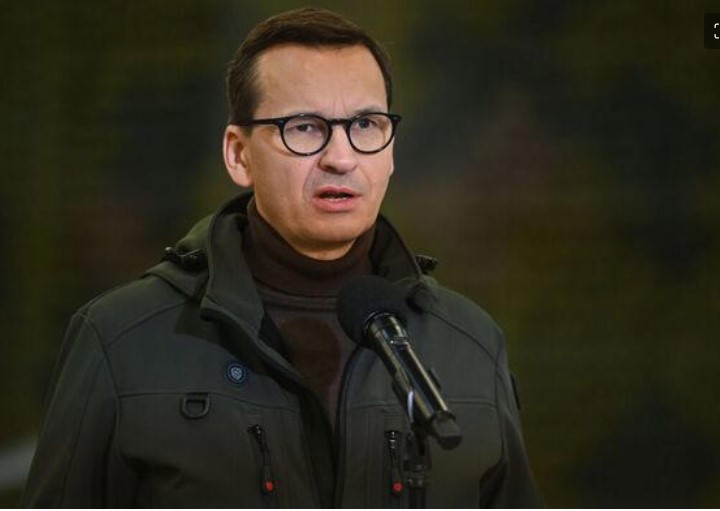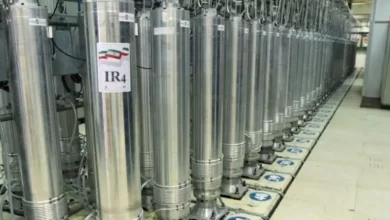Poland’s blow to Zelensky as Ukrainian refugees now have to contribute to housing

Ukrainian refugees in Poland have been asked to bear half of their housing costs themselves since the beginning of March. Those staying in Poland for more than 120 days and living in shared accommodation have to pay half of their accommodation costs, with a maximum of 40 zlotys (£7,60) per day.
Vulnerable groups such as children, pensioners, pregnant women, single parents, parents with children under the age of 12 and people in a particularly difficult financial situation are exempt from the plans.
From May, refugees will have to pay 75 percent of their accommodation costs themselves if they stay in Poland for more than 180 days. The upper limit is 60 zlotys (£11.40) per day.
Poland has taken in around 500,000 Ukrainian refugees since the beginning of Russia’s invasion of Ukraine over a year ago.
The Polish government claims it can no longer pay for the 80,000 refugees who are still in the country as it has been doing so far.
In addition to housing, refugees enjoy other state-funded perks, such as free public transport and health care, as well as many of the same social benefits that Polish citizens are entitled to, including a monthly child benefit of 500 zloty (£95).
Such benefits will not be affected by the new regulations.
Poland paid the most for Ukrainian refugees, with funds accounting for a third of total spending across all countries.
Since Poland has taken in the most Ukrainian refugees, it received 123 million euros from the EU’s Asylum, Migration and Integration Fund (AMIF).
The EU Commission said it had not been made aware Poland would take such measure.
They said that as part of the global donor campaign Stand Up for Ukraine, which raised €9.1 billion, Poland received “€200 million to provide first aid (food, transport and temporary aid) to those fleeing the war in Ukraine accommodation), increase external border management capacity and close the gap between initial reception and early integration of people displaced from Ukraine”.
But Polish Interior Minister Mariusz Kamiski said the funds were “unhelpful”.
As a further explanation for its move, the government stated that experts believe that the optimal aid for refugees should last no longer than a year.
Further support would therefore demotivate them and make it more difficult for them to return to the labour market, the government argued.
Pawe Szefernaker, Deputy Interior Minister and Government Plenipotentiary for War Refugees said: “It’s in nobody’s interest (…) to deny someone a roof over their head.
“These regulations have a motivating character.”







